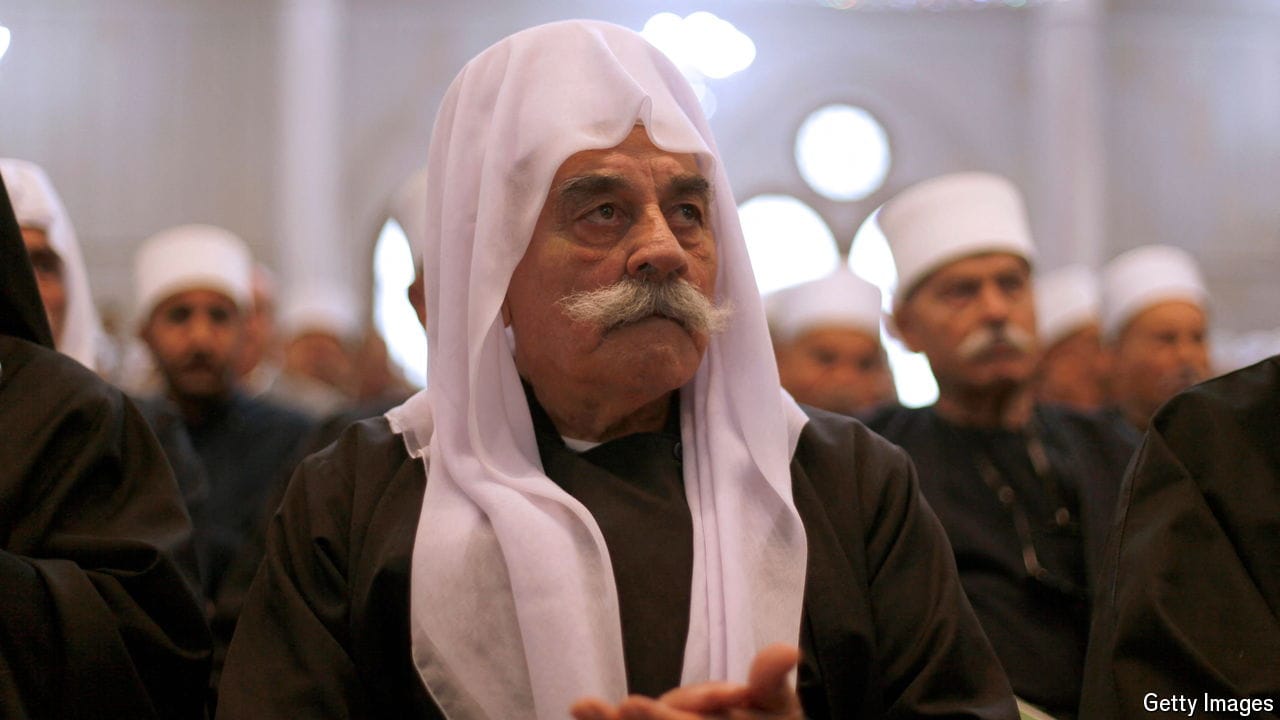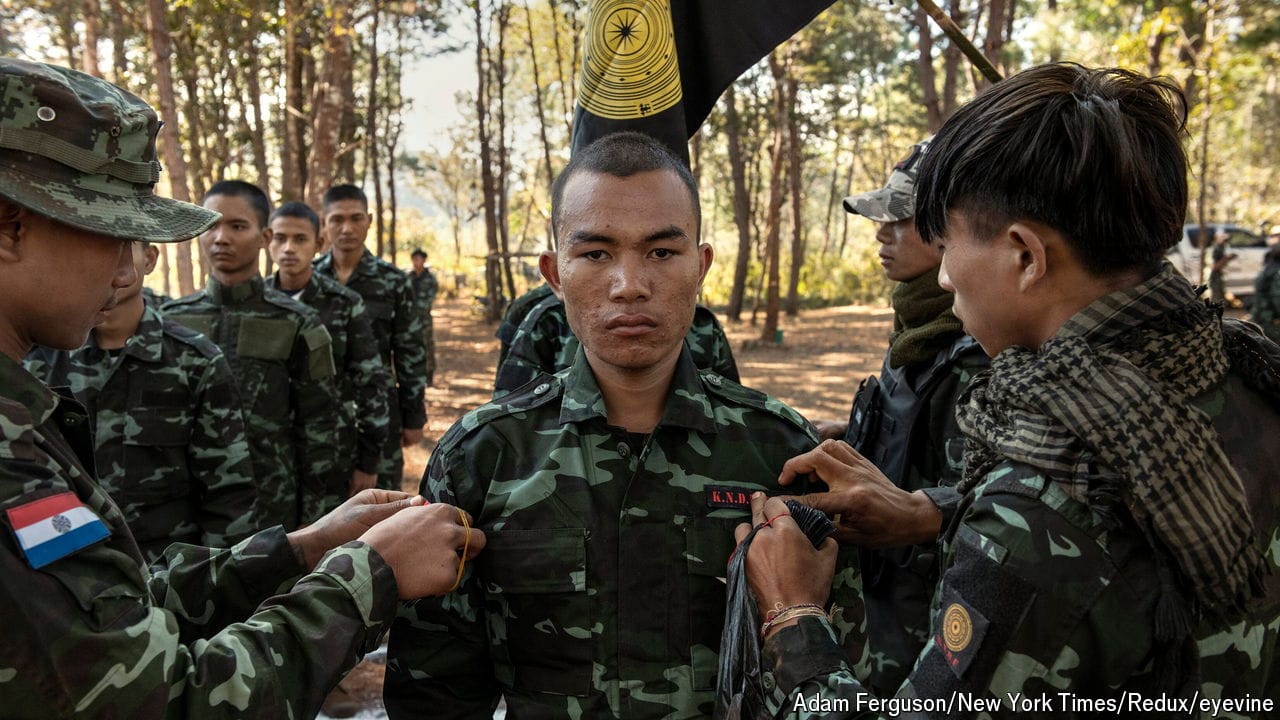Is Kaliningrad, Russia’s exclave surrounded by EU countries, an asset or a liability?
It is used to threaten Europe but could be isolated in a war

Editor’s note: On June 21st Russia threatened to punish Lithuania with actions that would have a “serious impact” after the Baltic state blocked the transport of some goods to and from Kaliningrad across its own territory. Lithuania says it is enforcing EU sanctions which came into effect on June 17th. The Kremlin called the move “openly hostile” and summoned the EU ambassador to Russia.
IN MAY, AS part of a naval drill, more than 100 Russian soldiers in Kaliningrad pretended to fire nuclear rockets at imagined enemy positions in Europe. Russia often uses the exclave to threaten Europe. Unlike many of the country’s ports it remains ice-free year-round and is home to its Baltic fleet. Sweden fears a naval attack from Kaliningrad on Gotland, an island in the Baltic Sea. NATO worries that Russia could invade Poland and Lithuania to create a land corridor from the territory to Belarus. But in the event of war with NATO, the exclave could cause problems for Russia. How did it come to control Kaliningrad, and is it an asset or a liability?
This article appeared in the The Economist explains section of the print edition under the headline “Is Kaliningrad, Russia’s exclave surrounded by EU countries, an asset or a liability?”
More from New Articles

Who are the Druze, the victims of a deadly strike on Israel?
The religious minority has often been caught up in regional crossfire in the Middle East

Myanmar’s rapidly changing civil war, in maps and charts
Ethnic militias and pro-democracy groups are scoring victories against the governing junta

Who will be Kamala Harris’s running-mate?
She is reportedly vetting a dozen options. These are the top three
Why have so few American presidents been from the West?
Kamala Harris’s nomination would be a milestone for the region
Why the Olympics still has a doping problem
Cheating with drugs has again become an organised affair
Why some Russian athletes will be eligible to compete at the Paris Olympics
Despite antipathy between the Russian government and the International Olympic Committee a handful will compete